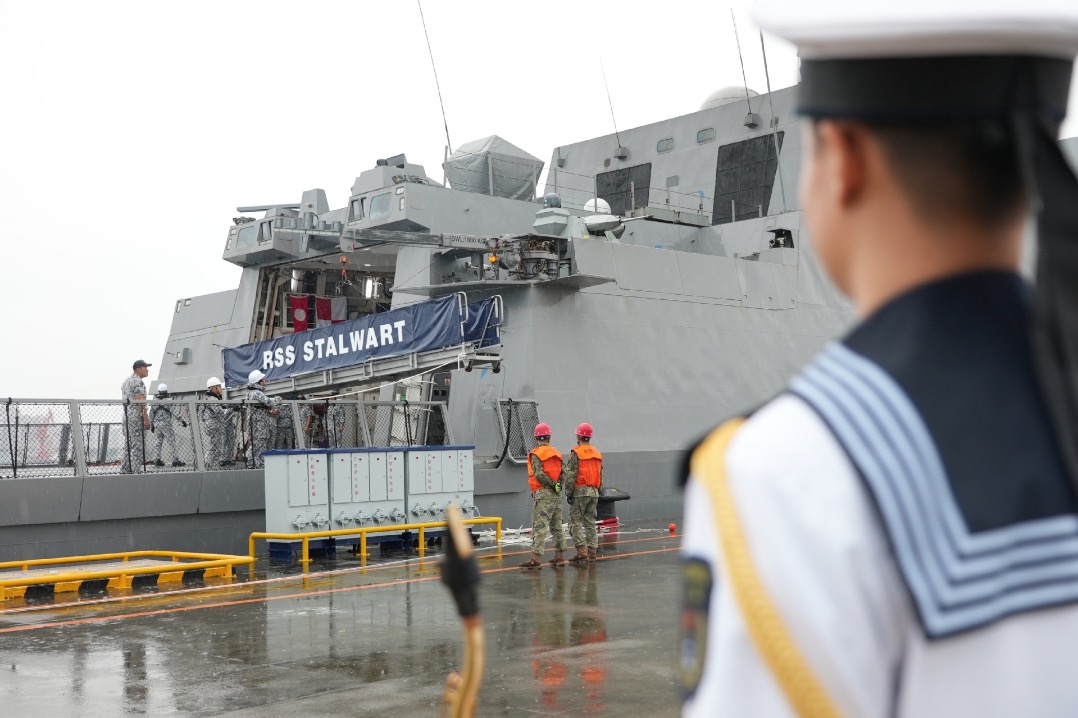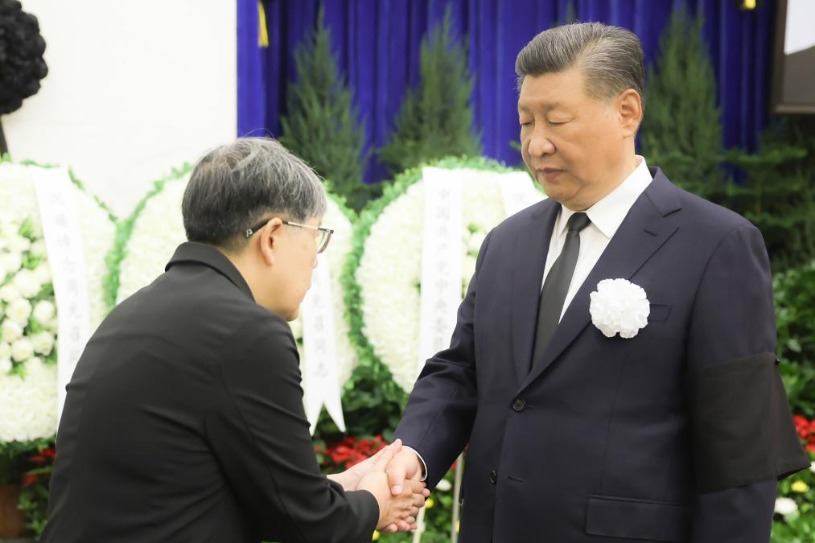Xi Story: Taking a fledgling airline to the sky

BEIJING -- Chinese leader Xi Jinping introduced a new package of reforms to propel the country's modernization at a key policy meeting held last week, listing over 300 reform measures and a timeline to complete reform tasks by 2029.
The reform-minded leader excels not only in designing reforms but also in making them work.
A story emerged this week about how he helped a fledgling airline, born in a pivotal aviation reform 40 years ago, grow from the ground up into a major player in the industry.
In 1985, 32-year-old Xi was appointed vice-mayor of Xiamen, a city designated as a special economic zone in East China's Fujian province. The zone was established by late leader Deng Xiaoping to test market reform policies during the early stages of China's sweeping reform and opening up drive.
The city had an airline established in 1984 as part of a reform process in the civil aviation industry aimed at separating the regulator from operators. At that time, China had no airline companies, with the civil aviation authorities directly operating all air services.
Xiamen Airlines became China's first air carrier to operate under a modern corporate system. However, it faced a tough start: no aircraft, no crew, and no funds.
"We were unsure how an airline company would be operated," recalled Du Hongying, one of the first seven employees. "We didn't even have a proper office back then."
As vice mayor, Xi was tasked with overseeing Xiamen Airlines' development. He visited the company many times and sat down with its management team to find solutions to its pressing difficulties.
A retired airline manager recalled that Xi often went to Beijing to seek help from central authorities, the Air Force and the civil aviation administration for the company.
With Xi's efforts, the airline managed to rent two Boeing 737 planes and recruit 23 veteran pilots from the Air Force, thereby settling the most imminent problems of the startup.
In November 1986, the first Xiamen Airlines flight took to the sky.
But a new problem soon emerged: the city's airport needed to be expanded, and there wasn't enough money. Xi spearheaded a government task force to borrow funds from Kuwait and personally led teams to negotiate and secure a loan.
He also helped with efforts to tackle other challenges ranging from fuel to recruitment.
"Your approach is correct, and your responsibility is great. As long as you persist, you will surely succeed," Xi once told company employees.
While helping the company grow, Xi also laid down tasks for it. He made clear the need for it to serve institutional reforms, boost economic and social development, and facilitate exchanges across the Taiwan Strait.
Xi's connection with the airline did not end with his three-year tenure in Xiamen. While serving in higher positions in the province, Xi referred a top-tier pilot to the airline upon retiring from the Air Force. He also intervened when the airline risked losing its license as an independent carrier amid a sweeping industry restructuring initiative at the turn of the century.
Xi did this with a keen eye on the airline's status as a state-owned company reform model and its strategic potential in boosting exchanges across the Taiwan Strait.
Later developments proved Xi's foresight. In 2005, Xiamen Airlines was chosen as one of the first airlines to operate groundbreaking direct cross-Strait charter flights. It later became a key carrier for regular cross-Strait flights.
As Fujian governor, Xi once lauded the airline's progress by borrowing a widely-quoted verse from Deng, saying it was the result of "crossing the river by feeling the stone."
Reform and innovation were the recipes for the airline's success, according to Xi.
Today, Xiamen Airlines, celebrating its 40th founding anniversary this year, has become an industry heavyweight with a fleet of 213 planes and air routes reaching 192 cities in 43 countries and regions, serving nearly 40 million passengers annually.
Among the more than 270 members of the International Air Transport Association, Xiamen Airlines ranks among the top 13 when it comes to passenger turnover.
In a reply letter to airline staff made public this week, Xi said he was pleased to have seen Xiamen Airlines achieve a great leap in development over the past 40 years.
He called on the airline to remain committed to reform and innovation, enhance its core competitiveness, and contribute more to advancing the high-quality development of civil aviation and boosting China's strength in transportation.
- Taiwan People's Party leader Ko Wen-je questioned for suspected graft
- Voices of the fifth Qingdao Multinationals Summit
- President Xi: China, US should be propeller for common development
- Xi stresses China, Africa always a community with a shared future
- Beijing extends class break time to 15 minutes
- Beijing's Dongcheng court vows to improve handling of cultural cases



































